Ethical Dilemmas in Fertility Treatments

Fertility medicine has opened extraordinary pathways to parenthood, empowering individuals and couples to build families once thought impossible. Yet with this progress comes a host of ethical questions...
Fertility medicine has opened extraordinary pathways to parenthood, empowering individuals and couples to build families once thought impossible. Yet with this progress comes a host of ethical questions: subtle, personal, and often deeply emotional. At Reproductive Centers of America (RCA), we believe that ethical clarity must walk hand-in-hand with clinical excellence. Here are some of the most pressing ethical dilemmas in modern fertility care; and how RCA approaches them with transparency, integrity, and humanity.
1. How Many Embryos Should Be Transferred?
Transferring multiple embryos can increase pregnancy chances, but also raises the risk of high-order multiples and health complications. While some clinics may promote twin or triplet pregnancies as a sign of success, RCA advocates for single embryo transfer when medically appropriate, prioritizing the health of both parent and child.
Our approach: We use preimplantation genetic testing (PGT-A) and time-lapse embryo monitoring to identify the healthiest embryo, reducing the need for multiple transfers and increasing success with fewer risks.
2. What Happens to Unused Embryos?
After IVF, patients may have remaining embryos. Choices include cryopreservation for future use, donation to other families, donation to research, or compassionate discard. This decision can be emotionally complex and ethically loaded.
Our approach: RCA offers compassionate, informed counseling to help patients navigate these options with dignity and autonomy. No path is forced. Every decision is honored.
3. Should Patients Use Donor Eggs or Sperm Without Full Anonymity?
With the rise of at-home DNA testing, anonymity in donation is becoming more difficult to guarantee. Some intended parents and donors prefer openness from the start.
Our approach: We offer fully anonymous, semi-open, and open donation paths, tailored to the legal and emotional needs of each family. We also prepare all parties for the long-term implications, including the child’s right to knowledge.
4. How Do We Ensure Ethical Surrogacy?
Surrogacy carries complex ethical considerations, particularly around compensation, consent, and international law. Exploitation must be actively guarded against.
Our approach: RCA works only with vetted, medically and psychologically screened gestational carriers who have independent legal counsel and emotional support. We follow ASRM, SEEDS, and international best practices to ensure ethical matching and care throughout the journey.
5. Should Access to Fertility Be Based on Age, Marital Status, or Identity?
Some regions or clinics may restrict treatment based on age, relationship status, or sexual orientation.
Our stance: RCA is proudly inclusive. We serve single parents, LGBTQ+ families, older individuals, and international patients with respect and equal access. Ethical care means equitable care.
Ethics Are Not Just Policies—They’re Personal
Every fertility decision involves more than medicine. It involves values, hopes, and lived experience. At RCA, we believe that the most ethical care is rooted in empathy, open communication, and trust. Our mission is to guide you with both scientific expertise and human understanding.
1. How Many Embryos Should Be Transferred?
Transferring multiple embryos can increase pregnancy chances, but also raises the risk of high-order multiples and health complications. While some clinics may promote twin or triplet pregnancies as a sign of success, RCA advocates for single embryo transfer when medically appropriate, prioritizing the health of both parent and child.
Our approach: We use preimplantation genetic testing (PGT-A) and time-lapse embryo monitoring to identify the healthiest embryo, reducing the need for multiple transfers and increasing success with fewer risks.
2. What Happens to Unused Embryos?
After IVF, patients may have remaining embryos. Choices include cryopreservation for future use, donation to other families, donation to research, or compassionate discard. This decision can be emotionally complex and ethically loaded.
Our approach: RCA offers compassionate, informed counseling to help patients navigate these options with dignity and autonomy. No path is forced. Every decision is honored.
3. Should Patients Use Donor Eggs or Sperm Without Full Anonymity?
With the rise of at-home DNA testing, anonymity in donation is becoming more difficult to guarantee. Some intended parents and donors prefer openness from the start.
Our approach: We offer fully anonymous, semi-open, and open donation paths, tailored to the legal and emotional needs of each family. We also prepare all parties for the long-term implications, including the child’s right to knowledge.
4. How Do We Ensure Ethical Surrogacy?
Surrogacy carries complex ethical considerations, particularly around compensation, consent, and international law. Exploitation must be actively guarded against.
Our approach: RCA works only with vetted, medically and psychologically screened gestational carriers who have independent legal counsel and emotional support. We follow ASRM, SEEDS, and international best practices to ensure ethical matching and care throughout the journey.
5. Should Access to Fertility Be Based on Age, Marital Status, or Identity?
Some regions or clinics may restrict treatment based on age, relationship status, or sexual orientation.
Our stance: RCA is proudly inclusive. We serve single parents, LGBTQ+ families, older individuals, and international patients with respect and equal access. Ethical care means equitable care.
Ethics Are Not Just Policies—They’re Personal
Every fertility decision involves more than medicine. It involves values, hopes, and lived experience. At RCA, we believe that the most ethical care is rooted in empathy, open communication, and trust. Our mission is to guide you with both scientific expertise and human understanding.









